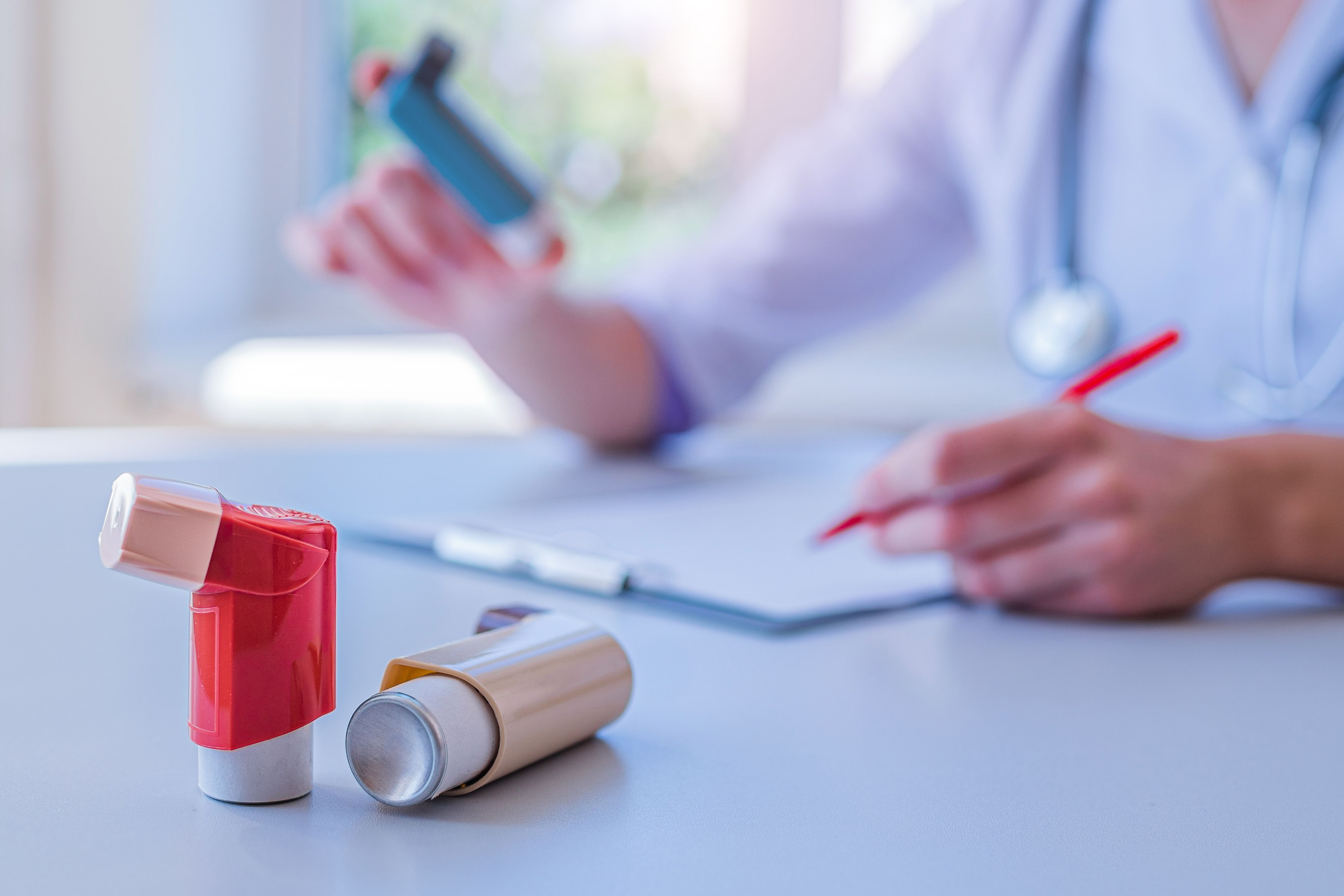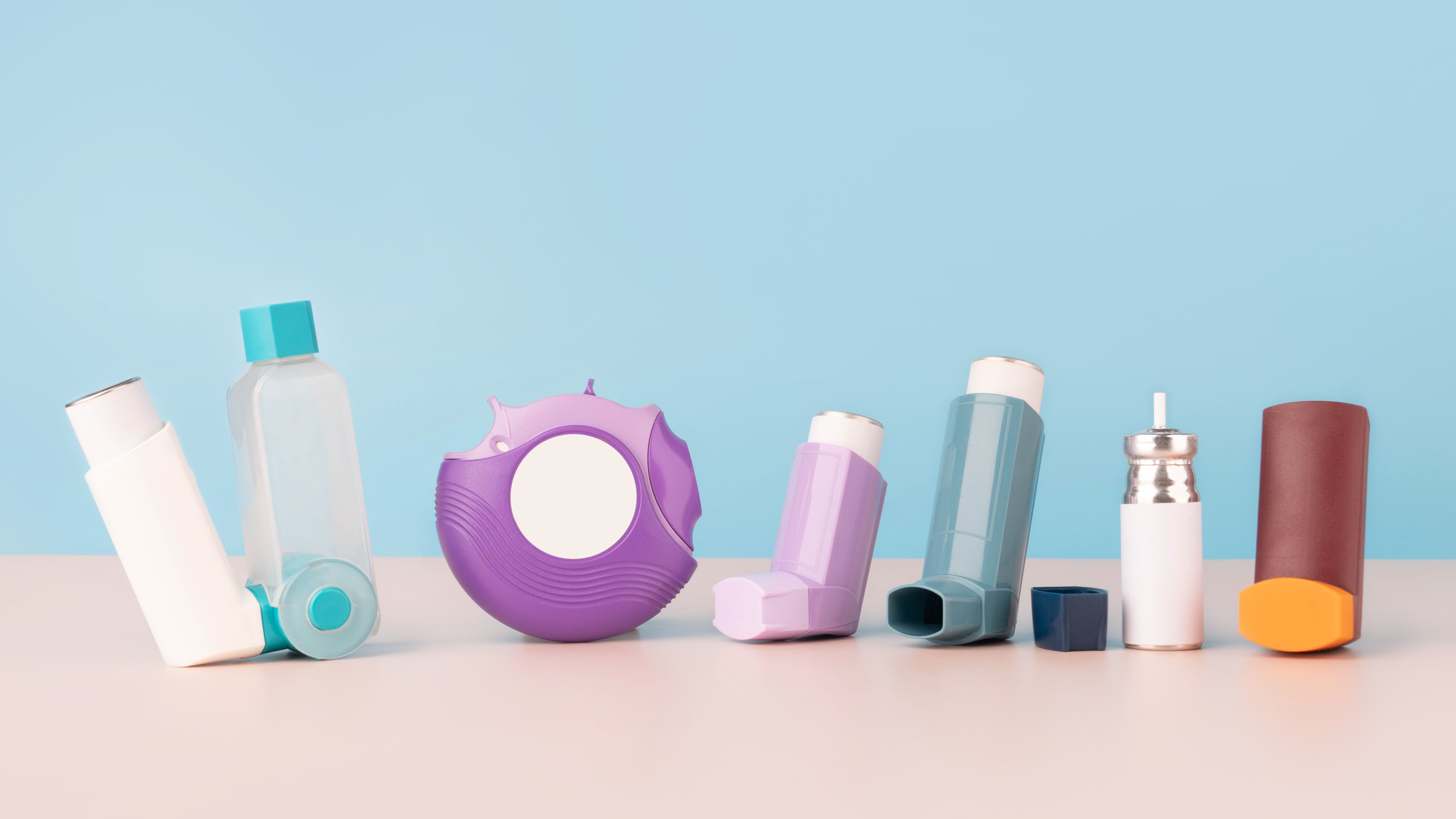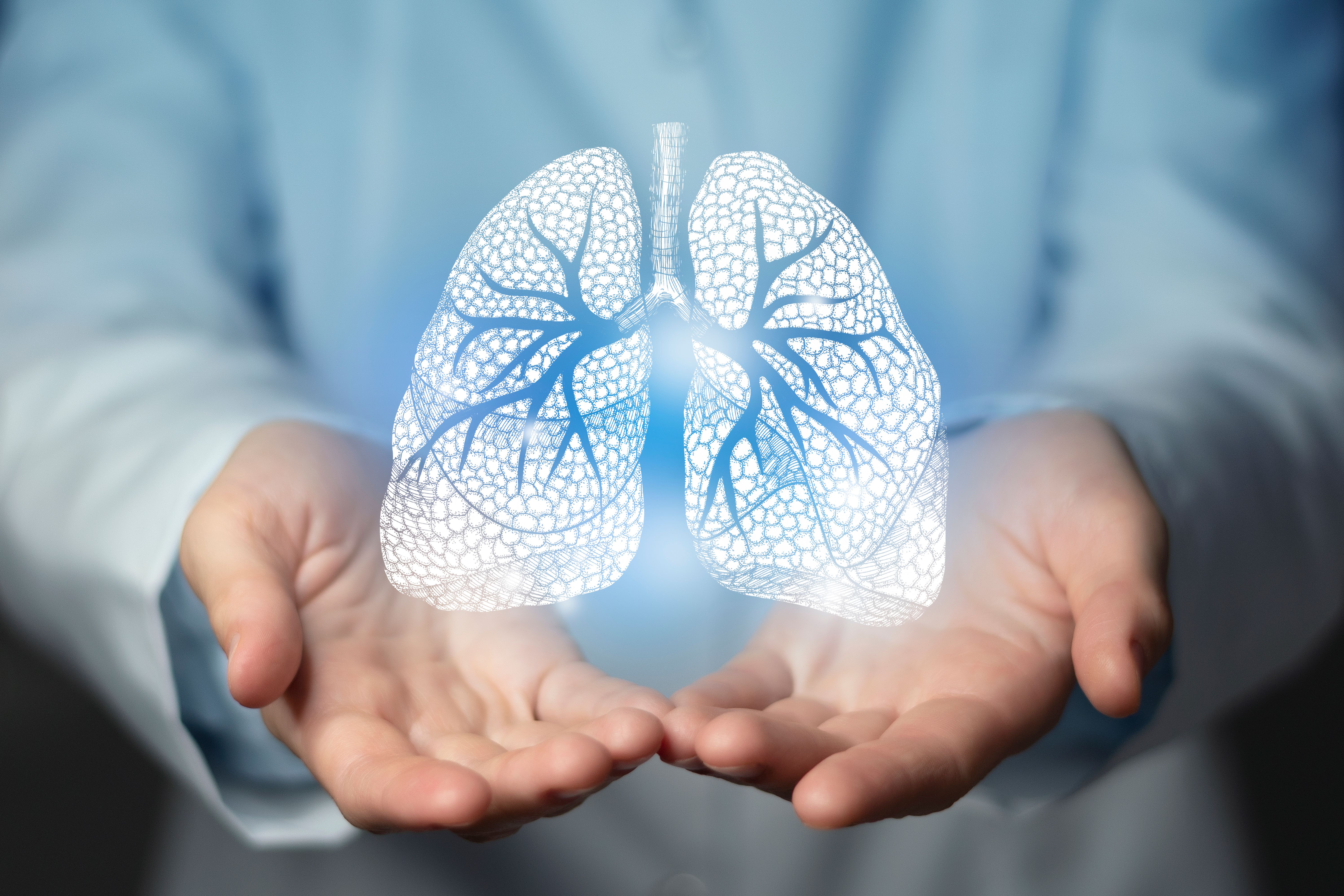Article
Pediatric Asthma Treatment Prescribing Needs Improvement
Author(s):
Prescribed dosage of aminophylline in children with acute severe asthma may not improve the condition.
There’s limited evidence that the prescribed dosage of aminophylline, administered intravenously to children with acute severe asthma, is optimally suited to resolve the condition, minimizing length of hospitalization or avoiding the need for ventilation, according to a recent report.
The paper, authored by Daniel Hawcutt, senior Lecturer Paediatric Clinical Pharmacology University of Liverpool, and colleagues, was published in the August issue of PLOS ONE.
The study consisted of a systematic review comparing dosage regimens of intravenous aminophylline in children suffering an exacerbation of asthma, the paper stated.
Intravenous aminophylline can be used to manage exacerbations of asthma in children who don’t respond to first line inhaled/nebulized therapy. Accurate dosing, which ensures adequate asthma treatment, is important.
Aminophylline has a widely accepted therapeutic range of 10-20mg/l, which drives dosing decisions in children. Current intravenous loading doses of between five-six mg/kg are used to achieve levels within this range, although this is not regularly achieved in routine clinical practice.
Aiming for a target serum concentration of aminophylline is complicated by its high interindividual variation in clearance rates, the reasons for which are poorly understood. It is not clear whether recommended adjustments of aminophylline dosage based on age, weight, and previous serum drug.
“There’s little evidence that the therapeutic range used currently corresponds with the best effects or acceptable adverse effects (as there is just as good efficacy below the lower end of the therapeutic range, and no increase in adverse effects above the top end of the therapeutic range,” said Hawcett, also honorary consultant Pediatrician Alder Hey Children’s Hospital and Clinical Lead NIHR Alder Hey Clinical Research Facility
“The dose we use doesn’t currently doesn’t seem to correlate with children getting better from acute severe asthma,” he noted.
“We need to work out how much of this drug to give. This could improve how well it works, make it safer, and help more children get better from severe asthma attacks, but will need some studies of drug concentrations (and the effects these concentrations have on the body) — something that was not routinely done in the era these drugs were introduced.






